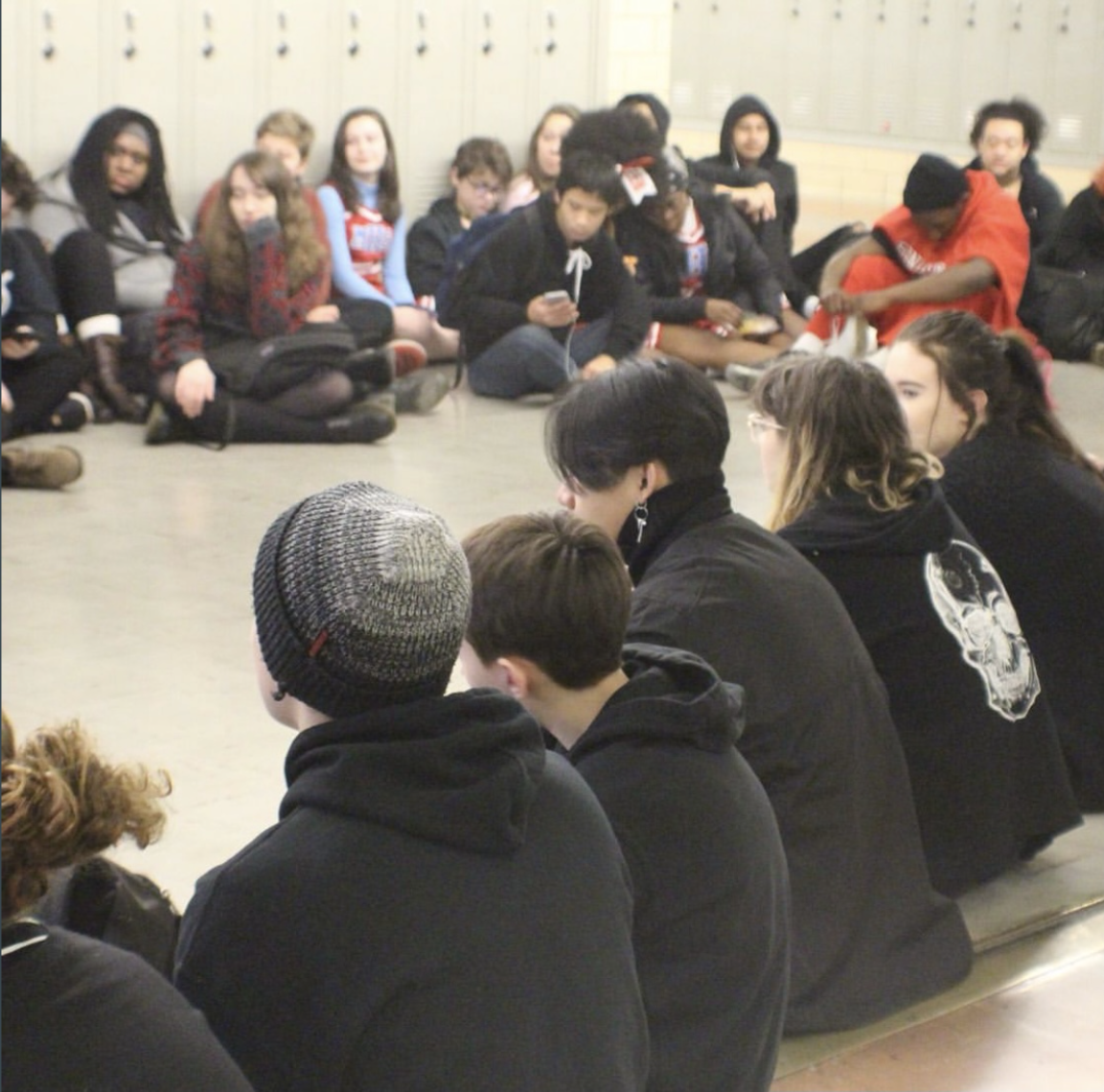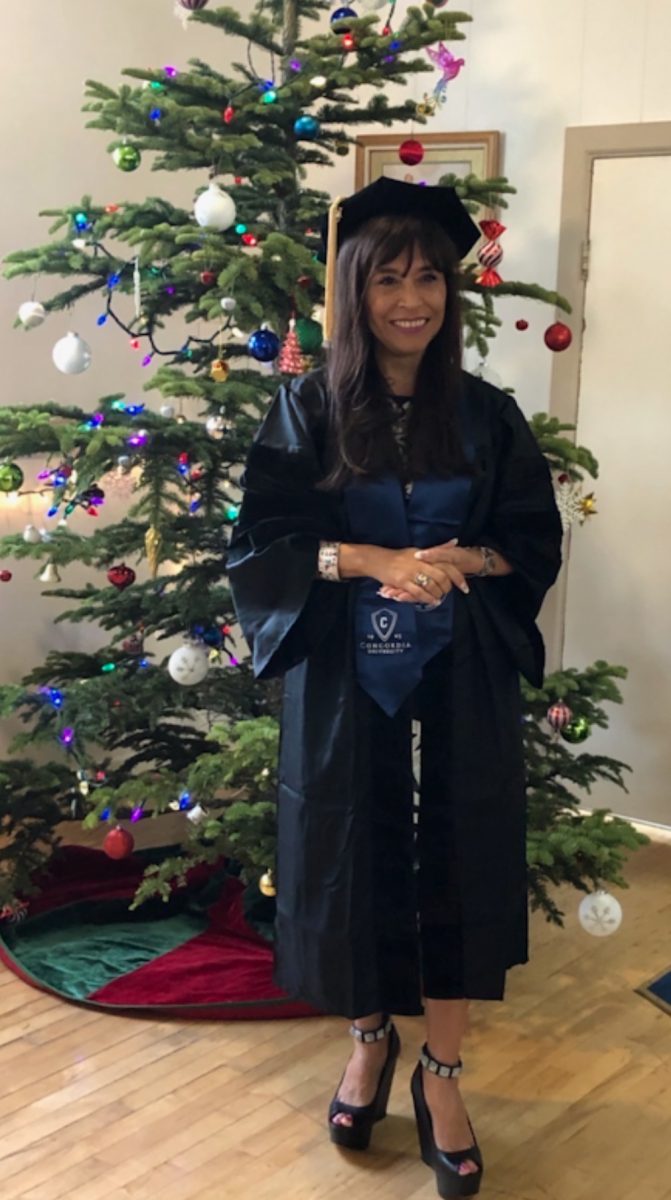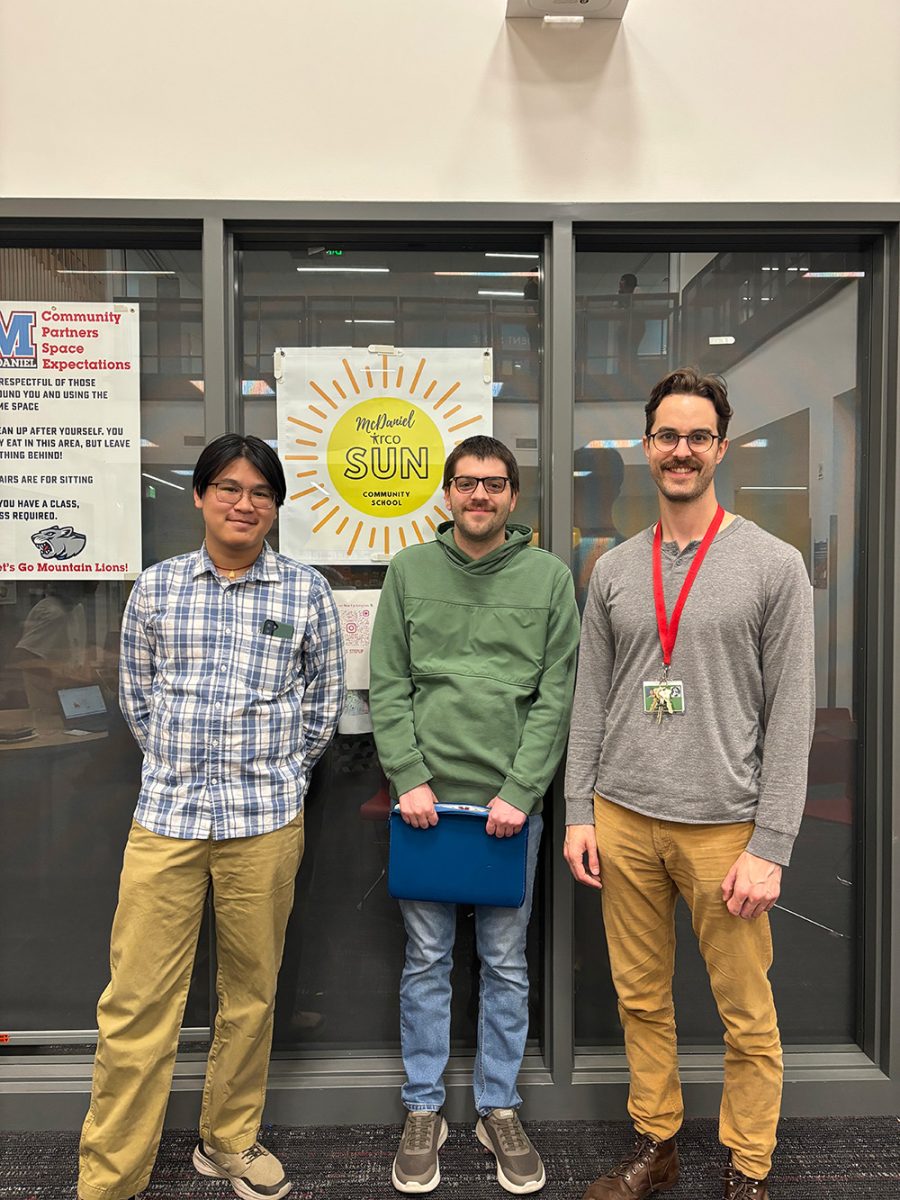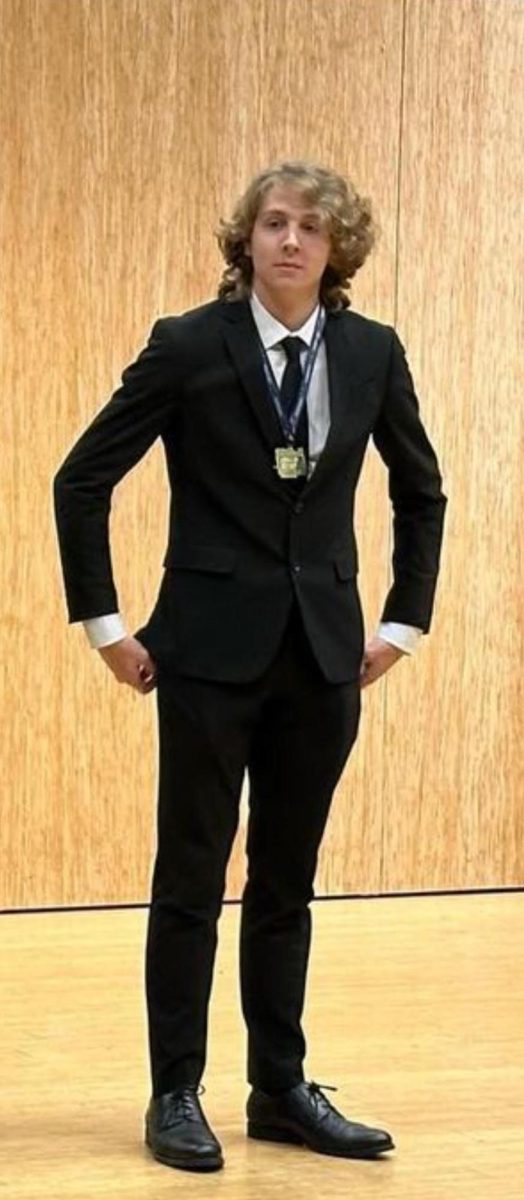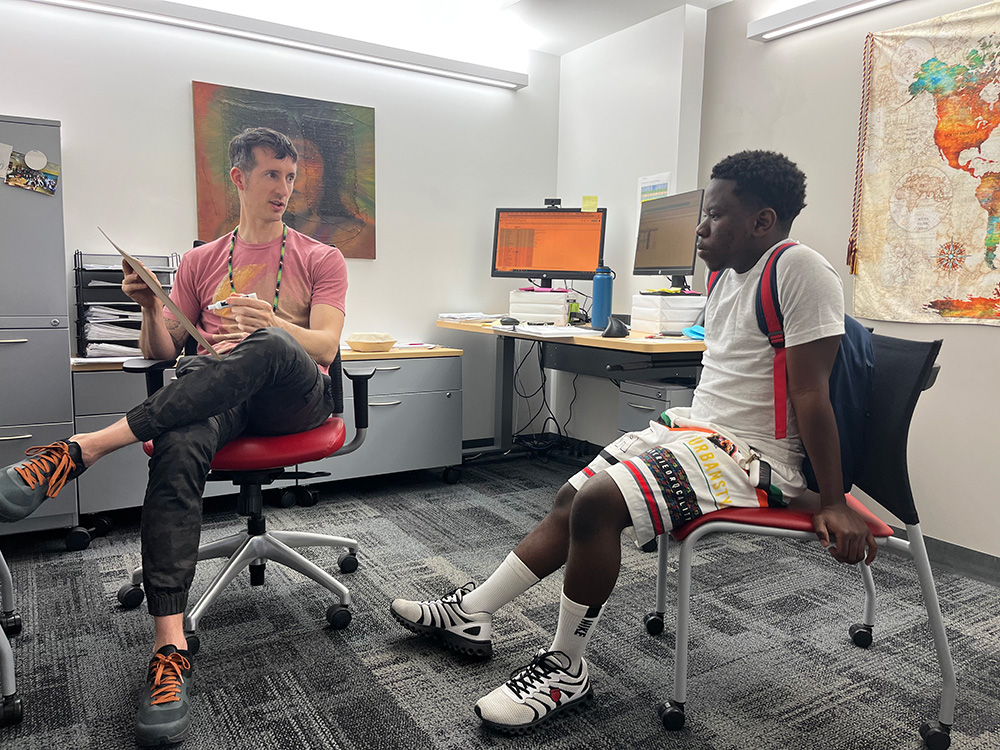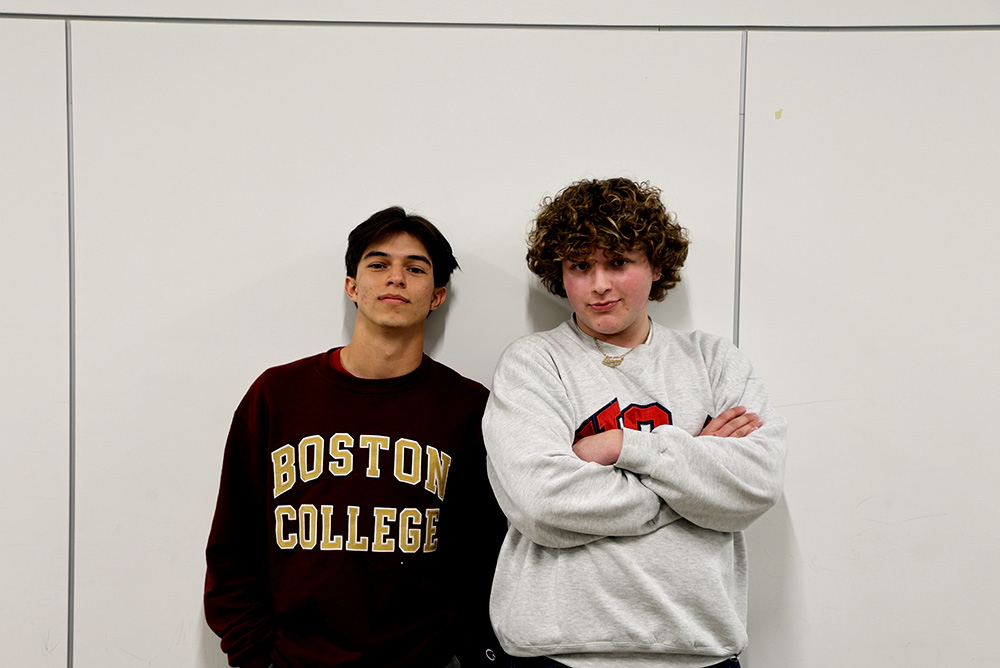As the year progresses and school gets underway, numerous clubs are springing into action. Among these clubs there is one that stands out: Restorative Justice Club, a group of students trying to make an impact on their community. Based on its long history, the club is not only back, but even more ambitious, embodying the true essence of its concept–and adding a class that focuses on this practice.
The club convenes on Tuesdays at lunch in room 285, offering a forum for students to exchange ideas aimed at the betterment of the school environment and overall quality.
“It’s a listening practice, we come and we sit together,” adviser Kenneth Gadbow said. “Most of the people around the table don’t even know each other, but they come and they listen to each other…which I think is a radical practice.”
Notably, in addition to fostering a platform for creative brainstorming, the club often provides lunch to participating students.
Restorative Justice is more than just a club or a class, it represents a concept of critical thinking and student-led change within the PPS system.
The club traces its roots to 2018, when it was a small group of less than 10 students. Despite their limited numbers, the club was able to orchestrate multiple circles in response to the prevalent issues of sexual harassment and assault.
“The students all sat down in a hallway, in a circle, with about a hundred kids in those circles,” Gadbow recounts. “Then they took turns listening to each other talk about what their experiences were like in the hallway. And it was all organized using RJ practices.”
Students used this as an opportunity to express how they felt incidents were being addressed.
“I think it really brought attention to the inaction of the faculty at the time,” former McDaniel student and walkout attendee Shannon Burke said. “We all sat at the entrance to the school right outside the then principal’s office.”
This instance acted as the catalyst for a lasting connection between the community and restorative justice practices. They also used the time to discuss the civil rights law Title IX, which at the time, had policies being added to it and changed.
In May of that year, the restorative justice coordinator position was cut. Some people believed that the administration made this choice to not renew the position. However, principal Adam Skyles, who was vice principal at the time, stated that the building admin had submitted their Full-Time-Equivalent (FTE) budget for staffing in February of that year, yet the actual RJ contract was through PPS & Resolution Northwest. Decisions about RJ’s budget to staffing plans were changed after the FTE was submitted, which the administration here was not involved in.
Another thing that the Restorative Justice Club was working on in 2018 was discussion around having Student Resource Officers (SROs) in schools.
Students remained undeterred and quickly took action, gathering several important community stakeholders in the library to discuss their opinions. These public leaders included: Ryan Lee, the assistant to the chief of police; Jonathan Garcia, PPS chief of staff; Chloe Eudalay, a representative to former Portland city commissioner; as well as several more city officials.
The students voiced their concerns regarding the positive impact they have felt from restorative justice. Students also used the opportunity to voice their concerns regarding the police presence in schools.
This event acted as a revolutionary marker of restorative thinking and demonstrated the impact the club could have.
Negotiations then happened for over a year about the City of Portland funding SROs, and the officer roles were removed from buildings during June of 2020. Now there are two police positions for the whole district that administrators can consult with when needed.
Two years later, in 2022, the school approved Gadbow’s request for a full time Restorative Justice class with him as a teacher and a full time RJ coordinator: Aketi Merrick.
While the club acts as a space to deliberate, its limited meeting time makes enacting their ideas difficult. The class allows for more time to act on their ideas.
“I think more and more people are hearing about RJ,” Merrick said. “A lot of students’ friends are telling them about it.”
Today the restorative justice program consists of more than 30 students among the class and club, and they are on a mission to raise money for CommuniCare.
“CommuniCare is a program given to high schools through the Schnitzer Foundation,” club treasurer Emilia De La Rosa said. “If we raise $750, they will give us $15,000 on top of that to give to whatever nonprofit we want.”
The club has already experienced success in their fundraising effort of selling ramen to students; however, they are determined to do more.
With the funds they aim to secure, the club hopes to donate to organizations who are focused on low income housing needs and environmental action.
“It gives us an opportunity to give back to the community because when else am I going to have a chance to give away $15,000,” De La Rosa said.
The initiative serves as a testament to the clubs enduring commitment to restorative thought and making a tangible impact on the community. Proving the practices of open-ended listening, community engagement, and thoughtful decision-making can lead to positive long lasting change.


